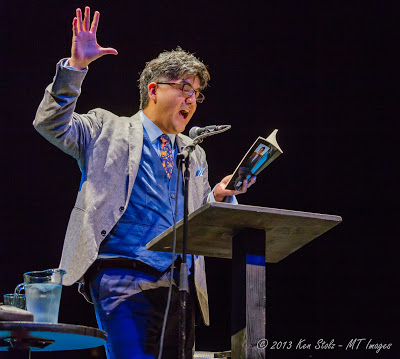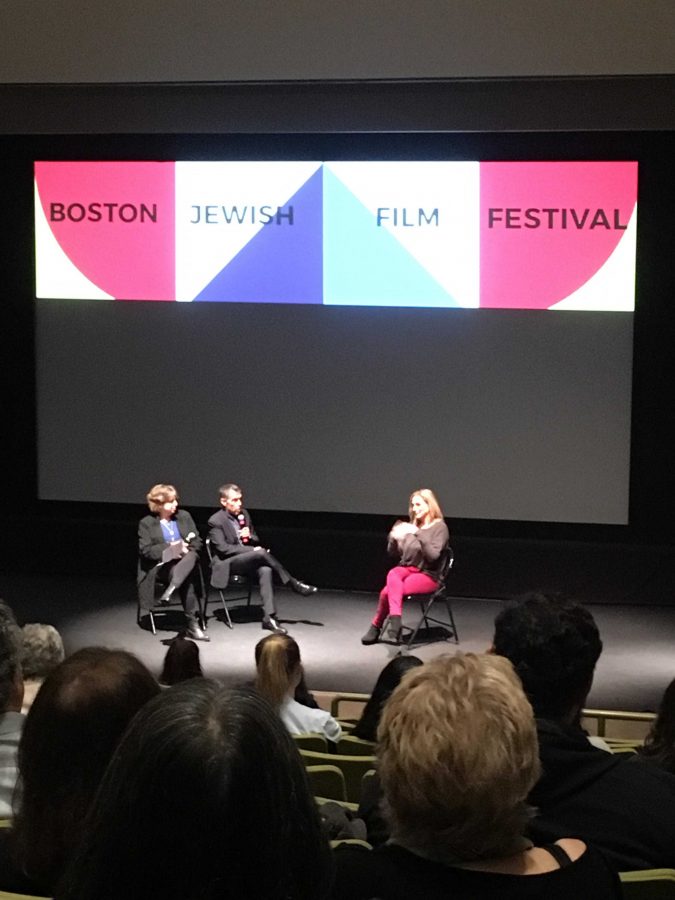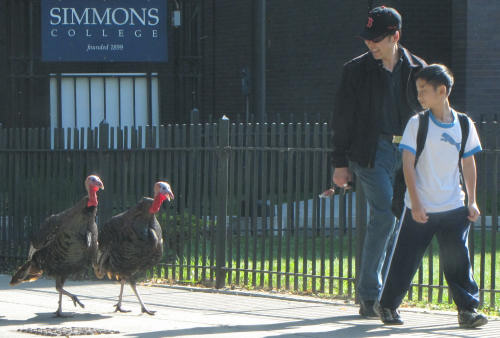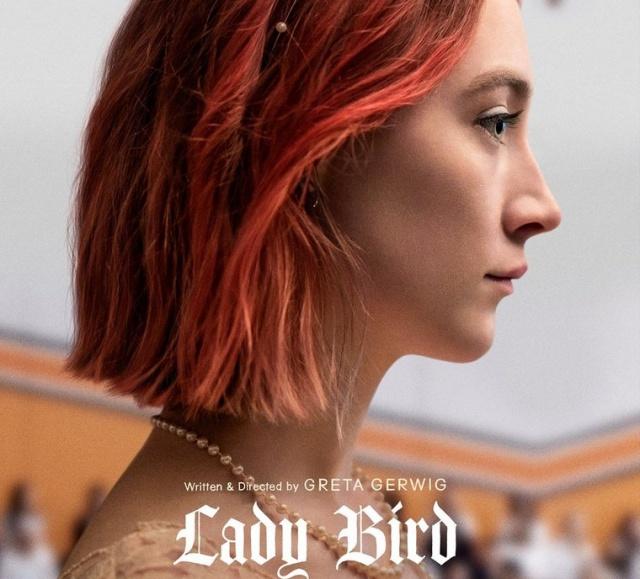By Simran P. Gupta
Staff Writer

November is National Native American Heritage Month and, as it draws to a close, let us all take a moment to expand our horizons and libraries. Anyone with even the slightest interest in publishing and the world of books knows that representation of diverse backgrounds is not a strength for many big names, and the past few years have seen a push to amplify authors of color. Even within this movement, however, native authors are often forgotten. Here are just a few that may or may not be familiar, but that everyone should be aware of.
1). Sherman Alexie: If a school curriculum includes Native American literature at any grade level, it is usually his. Alexie is a poet, novelist, short-story writer, and filmmaker. He has many notable works; many are familiar with “The Lone Ranger and Tonto Fistfight in Heaven,” “The Absolutely True Diary of a Part-Time Indian,” and his 1998 film “Smoke Signals.”
According to his bio on the National Poetry Foundation’s website, Alexie is a Spokane/Coeur d’Alene tribal member. His oeuvre explores many themes, such as the poverty and alcoholism that shapes the lives of many who live on reservations, the inherent resilience of the surviving indigenous population, and the discrimination that many face today. Sherman Alexie’s writing and films are a must for anyone interested in diving into the effects of a history of genocide and attempted erasure, or looking for a place to start in indigenous literature.
2). Joy Harjo: Primarily known as a poet, Harjo has also written children’s books, memoirs, and screenplays. Her work draws on native culture but also discusses the intersection of her experience as a Native American woman. According to her “about” page on her website, she was born in Tulsa, OK, and is a member of the Muskogee Nation. One of her poetry collections, “She Had Some Horses,” was published in 1983 and has since been re-released in a new edition. It discusses themes such as women’s imprisonment at the hands of men and society at large, as well as their inherent love and power. She has won the Lifetime Achievement Award from the Native Writers Circle of the Americas and the William Carlos Williams Award from the Poetry Society of America, among many others. Harjo currently lives in Albuquerque, NM, and writes a regular column, titled “Comings and Goings,” for her tribal newspaper, “Muskogee Nation News.” Her poetry is a must for the intersectional feminist, and anyone interested in the experience and voice of native women.
3). Winona LaDuke: a member of the Ojibwe Nation, LaDuke is an environmentalist, economist, and writer. She is known for her active role in the Dakota Access Pipeline protests and for her role as Executive Director of Honor the Earth, a Native environmental advocacy organization. She has written many books centering around the indigenous struggle to reclaim tribal land as well as her own personal experience as a Native woman. She has also co-authored many books, such as “Conquest: Sexual Violence and American Indian Genocide,” “Sister Nations: Native American Women Writers on Community,” and “Struggle for the Land: Native North American Resistance to Genocide, Ecocide, and Colonization,” to name just a few. Her books serve as guides to indigenous activism and are important reads for any allies, but they also dispense invaluable knowledge of native womanhood. As we deal with the fallout of the oil spill from the Dakota Access Pipeline, her works provide a context to the struggle that many of us are missing.
These are just a few native authors to add to your bookshelf, but a simple Google search will bring up scores more. Literature and poetry are unique mediums for expressing a person’s spiritual and emotional condition, and it is important that Native voices and experiences are heard.













